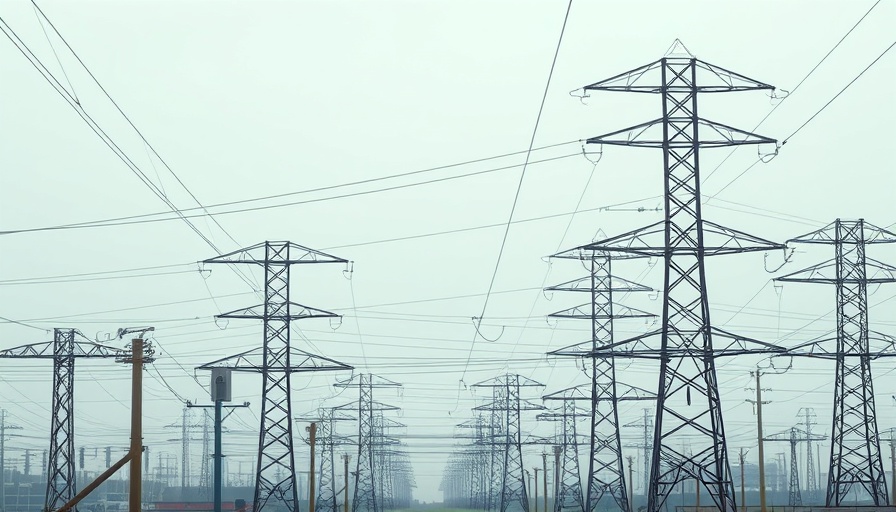
Collaborative Clean Energy Future in the West
In a significant move toward cleaner energy solutions, a recent study from UC San Diego sheds light on how the western United States can expedite its transition to renewable resources. By enhancing coordination among 11 states, including California, this approach could not only reduce energy costs but also pave the way towards a more sustainable future.
The Power of Collaboration
According to the study, states sharing common electricity goals and working together could save billions annually, even amidst varying political climates. Michael Davidson, an assistant professor at the Jacobs School of Engineering, emphasized that the financial benefits of this collaboration could amount to $3.25 billion every year. This is crucial, especially for residents of North County San Diego who are concerned about energy costs and environmental impacts.
Coordination Can Cut Costs and Emissions
Currently, electricity management in the western U.S. is fragmented among multiple utilities and regulatory bodies. Implementing a unified approach could streamline operations and reduce costs significantly. The study highlights that even states without specific climate goals could benefit by exporting clean energy to neighboring states. For instance, California could see annual savings of nearly $800 million while lowering its gas emissions by approximately 31% by joining a regional electricity market.
Overcoming Political Hurdles for a Clean Grid
While the data favors greater coordination, political challenges remain a significant barrier. The proposal suggests that successful regionalization may require California to cede some control over its grid, creating apprehension among policy-makers. However, Davidson argues that the potential long-term savings and resilience of a collaborative clean grid path are worth the political sacrifices. Such critical discussions can directly impact not just California but also regions like North County, as energy policies shape the local environment and economy.
Impacting Local Residents
The necessity for states within the Western U.S. to rethink their collaborative framework cannot be understated. Residents in North County San Diego, who face environmental and cost pressures associated with energy, stand to gain from this study's outcomes. Community engagement and pressure on local representatives could bring about the changes needed for a cleaner and more sustainable power future.
Join the Conversation
The transition to a clean energy future is not just a technical challenge but a societal one, with affected communities needing to advocate for policies aligned with sustainable practices. By reading insights from this study and understanding its implications, residents can become informed participants in shaping the future of energy in their area. An informed public can help push for policies that encourage cooperation among states for cleaner, cheaper energy.
 Add Row
Add Row  Add
Add 




 Add Row
Add Row  Add
Add 

Write A Comment